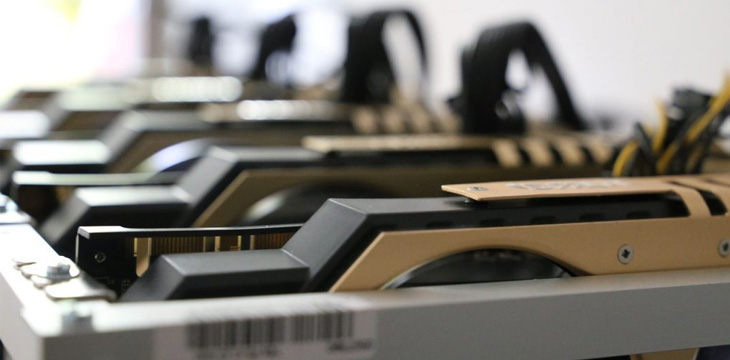
Stefansson told reporters he will be bringing his ‘illegal’two-and-a-half month detention to the European Court of Human Rights.
Just last week, the primary suspect in the “big Bitcoin heist” in Iceland escaped from a low-security prison and fled to Sweden—coincidentally boarding the same plane as prime minister Katrín Jakobsdóttir. Sindri Thor Stefansson was implicated as the mastermind behind a string of burglaries that looted 600 mining computers as well as several other expensive hardware items from an Icelandic data centre.
Shortly after his April 17 escape, the fugitive reached out to Icelandic newspaper Frettabladid, saying he has been detained without evidence for months. He issued a letter expressing his desire to negotiate a deal with the Icelandic police to let him go home without being arrested again, adding that he was legally free to go on the day he escaped prison.
And today, Police spokesman Rob van der Veen that Stefansson has, in fact, been arrested again on Sunday night in downtown Amsterdam. According to Stefansson, he will be taking the issue regarding his “illegal detention” to the European Court of Human Rights.
The four-month heist came as a bit of a shock to Iceland, a country with very low crime rate. Additionally, most cryptocurrency-related crimes are instigated behind the veil of online anonymity. The physical requirements of pulling off a theft of this magnitude had police commissioner Olafur Helgi Kjartansson classifying it as “a grand theft on a scale unseen before.” He added: “Everything points to this being a highly organized crime.” An inside job has not been dismissed and one of those arrested in relation to the robbery was a security guard.
Overall, 600 graphic cards, 100 power supplies, 100 processors, 100 motherboards, and a whopping 600 mining computers were believed to be included in the stash, all of which have not been found. The mining computers alone are estimated to cost over $2 million.
Last month, authorities monitoring power usages in the country in case the thieves start using the stolen hardware to mine for themselves. They also called on internet service providers, electricians, and storage spaces to report any service requests that may be consistent with storing, installing, or using the stolen hardware.

 09-20-2024
09-20-2024


